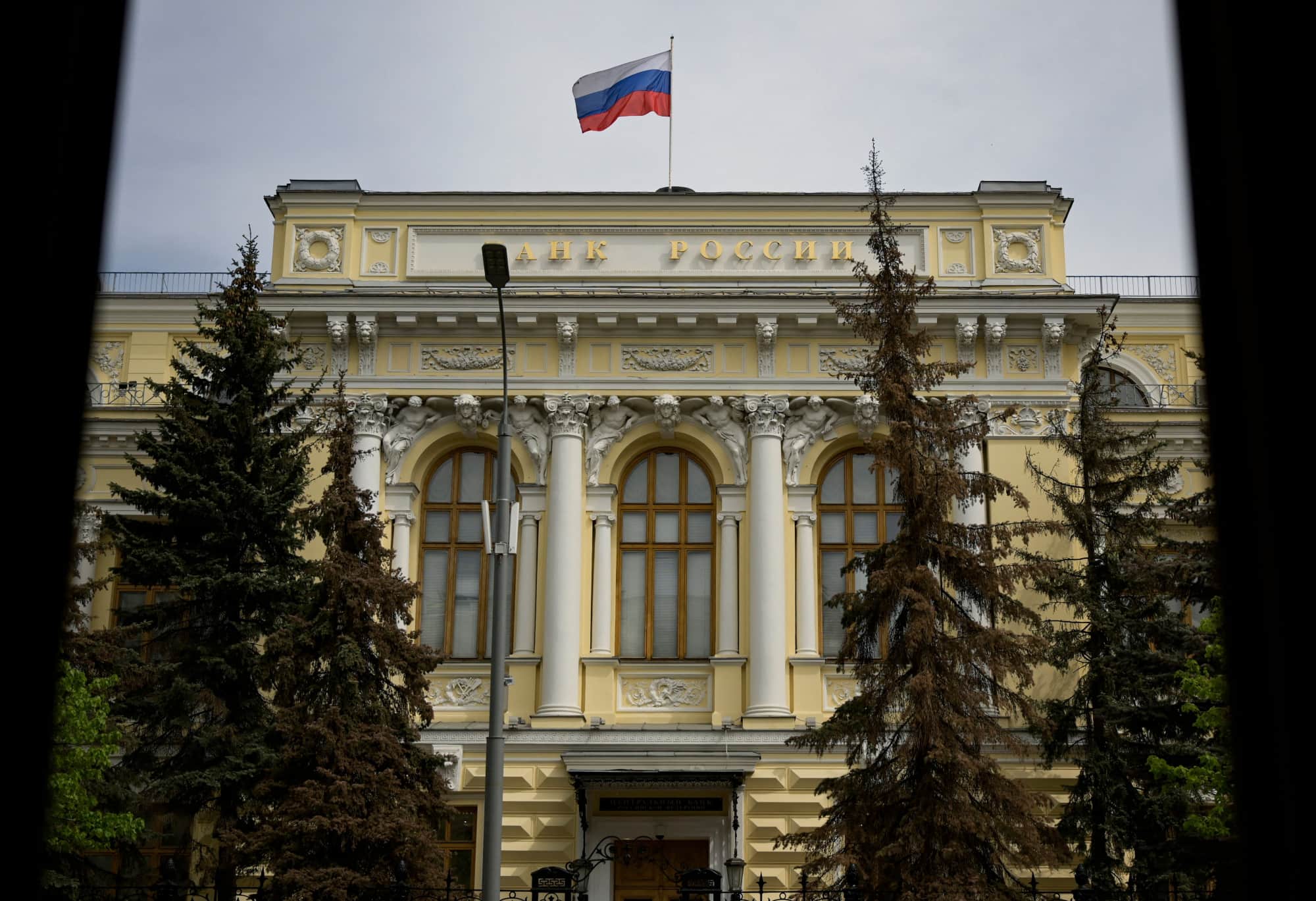
Photo: Google
G7’s Proposed Asset Seizure Plan
The United States, backed by the UK, Japan, and Canada, is spearheading a proposal within G7 working groups to explore avenues for seizing frozen Russian assets, aiming to present viable options by February 24, coinciding with the invasion’s second anniversary.
Three working groups under the US suggestion would scrutinize legal implications, implementation strategies, risk mitigation, and channels for supporting Ukraine, marking an intensification in discussions within G7 finance circles.
However, concerns from Germany, France, Italy, and the EU about the legality and potential repercussions of asset confiscation have led to ongoing deliberations and a call for careful assessment before any decisive action is taken.
Challenges and Cautionary Measures
European nations remain cautious, fearing financial stability risks and retaliatory actions from Russia, prompting considerations of options ranging from direct confiscation to using assets as collateral for loans or extracting profits from financial institutions holding Russian assets.
Amidst concerns, the EU explores extracting profits held by financial entities but refrains from direct asset seizures, citing potential threats to financial stability and concerns over retaliation from Moscow.
Italy, apprehensive about potential repercussions on its companies in Russia, emphasizes the limitations of seized assets to cover Ukraine’s reconstruction needs and insists on sustained financial support for Kyiv.
READ ALSO: Iran And Russia Finalize Agreement To Trade In Local Currencies, Bypassing US Dollar
























